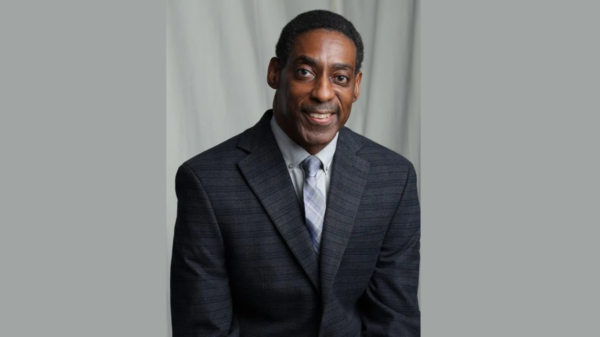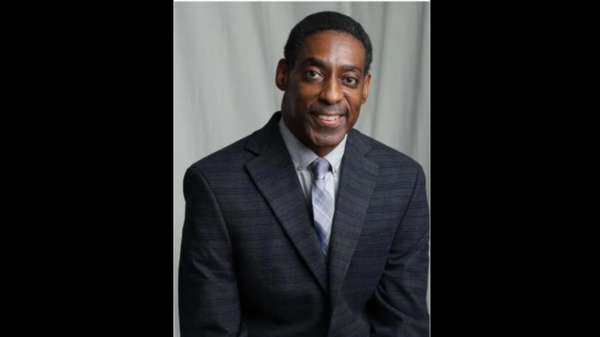
According to a 2022 Gallup survey, the average retirement age in the U.S. is 61. In 1991, the average age was 57. According to the same study, people still working in 2022 expected to retire at age 66 on average. The numbers show that people are deciding to wait longer before hanging it up. Many people who want to stop working can’t do so, while others have the resources to retire but won’t. Members of the political class can still be in the prime and peak of their careers while in their 60s, but high levels of mental and physical capabilities don’t last forever.
It is hard to understand why an individual would choose to remain in a stress-filled job well into their 80s when financially it may not be necessary. Yet, the late U.S. Sen. Dianne Feinstein, who at 90, was the oldest sitting U.S. senator and member of Congress after three decades in the Senate. She’s not alone — Mitch McConnell (age 81), Charles Grassley (age 90), and Nancy Pelosi (age 83) are elderly lawmakers who have extended their careers where they are at least 20 years over the average retirement age. Former Sen. Strom Thurmond holds the record by turning 100 years old while still in office.
Aging is an inevitable process of life that varies from person to person. Many officials stay in office far too long, and often, unfortunately, they are too powerful to be voted out. Elected officials are unlike food products with a defined shelf life after a specific time. As a result, most Americans are in favor of term limits for members of Congress. Term limits would, in effect, provide a defined “expiration date” for the entrenched politician unwilling to retire once it becomes clear they are beyond their true effectiveness and ability. But will members of Congress impose this self-restriction upon themselves?
More Generation Z candidates are positioning themselves to run for office out of frustration over the nation’s aging political class. Representative Maxwell Frost of Florida became the first member of Gen Z elected to Congress. Now, two fellow Gen Z Democrats are seeking to join Frost and increase the voice of their generation in the House.
The generational divide is real within our government, and young people are grossly underrepresented. Cheyenne Hunt, a 26-year-old attorney running for California’s 45th District, cited concerns about the climate crisis, democracy, and women’s rights as “existential threats” that older generations in power aren’t addressing with the urgency younger Americans feel.
“Young people are keenly aware of this situation and are jumping in at unprecedented rates because we know we can’t afford to wait,” Hunt said.
In Maryland, Del. Joe Vogel is another Gen Z Democrat running for Congress. Vogel, who is also 26 years old, said he initially got into politics after the 2012 mass shooting at Sandy Hook Elementary School in Connecticut, “frustrated by the inaction” on issues such as gun violence, which has directly affected many young Americans’ experience at school in recent years.
“I think our entire generation is having this moment where we’re channeling that energy and channeling that urgency into having more political representation in terms of the issues,” said Vogel.
Arguing for the importance of younger perspectives in elected office, Vogel pointed to projections of the catastrophic climate consequences that could hit by around 2050. Even with the election of Vogel, Cheyenne Hunt and other Gen Z candidates, there will always be the need for term limits and new code of ethics rules to accompany the influx of younger lawmakers. U.S. Rep. Ro Khanna has addressed the issue of declining trust in government by introducing a new Political Reform Resolution. With his proposed legislation, the California lawmaker aggressively seeks broad political and anti-corruption reform in the judicial and legislative branches of the federal government.
Khanna’s five-point resolution specifically calls for a 12-year term limit for members of Congress, a ban on members of Congress from holding and trading individual stocks while in office, banning members of Congress and candidates for the House and Senate from accepting contributions from political action committees and lobbyists, creating a binding code of ethics for Supreme Court justices along with an 18-year term limit for future Supreme Court justices. With Khanna’s emphasis on ethics, many members of both parties who benefit from lax campaign finance and stock-trading regulations may find it challenging. I believe the odds of this becoming law are slim. Members of both political parties benefit from wealthy donors, PACS, and from leveraging their political connections in office into receiving high-paying lobbyist positions. Why pass a law that would end those benefits? Despite the unethical financial disclosers and extravagant gifts associated with Supreme Court justices, it is difficult to see members of the House and Senate put aside partisan politics and pass a law that would ultimately hold Supreme Court justices accountable.
While Gen Z lawmakers may not bring the depth of political experience, there is a need for fresh perspectives on ethics.
Marshall is the founder of the faith-based organization TRB: The Reconciled Body and author of the book “God Bless Our Divided America.”









You must be logged in to post a comment Login